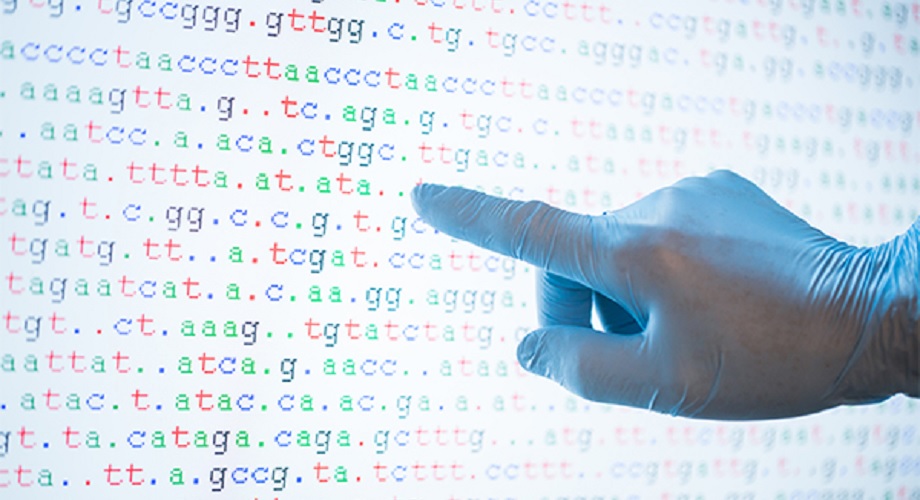
Genome editing under the light of disease eradication
By Amalio Telenti, Scripps Research Translational Institute | December 07, 2018
Eradication: Permanent reduction to zero of the worldwide incidences of [disease] as a result of deliberate efforts; intervention measures are no longer needed.
(adapted from CDC MMWR).
The birth of genetically modified babies generated a stream of opinions that focused on the behavior of the scientist responsible for the events (“an outsider”), the level of evidence that editing was achieved (“possibly manipulated”), the choice of target for editing (“poor decision”), the potential for adverse outcomes (“unsafe”), and the regulatory aspects of the research (“illegal”). However, many voices also indicated that the field will progress, with the appropriate guaranties and safeguards, with the goal of one day applying editing technologies to worthy and ethical uses – curing disease.
Medicine, the science of curing disease
There is much research and progress in editing cells (somatic editing) that does not involve transferring the genetic code to the next generation—as opposed to permanently modifying the germline genome for treatment of human disease. Examples include somatic editing for blood disorders (e.g. beta-thalassemia), blindness (e.g. Leber congenital amaurosis), and other prevalent genetic diseases (e.g. cystic fibrosis, muscular dystrophy and Huntington’s disease). It is true that this may be a preferable objective—but it means we will simply be treating the disease, not eradicating it from humans.
Medicine, the science of eradicating disease
Public health policies, vaccination and many other medical interventions all aim at eradicating and eliminating disease (e.g., smallpox). They change the evolution of humans and affect ecosystems. In the cacophony that surrounded the announcement of the modification of human embryos, there was little discussion of the ultimate aspirational goal of medicine to eradicate disease. To fulfill the definition of eradication, there should be a permanent reduction of the disease without a need for further intervention. This is achieved by germline editing—the modification of the genome that will be transmitted to future generations.
The larger question today is whether we can face the biological, social, political, ethical and economic complexities of permanently eradicating genetic disease from the human population.
For more information, contact press@scripps.edu

